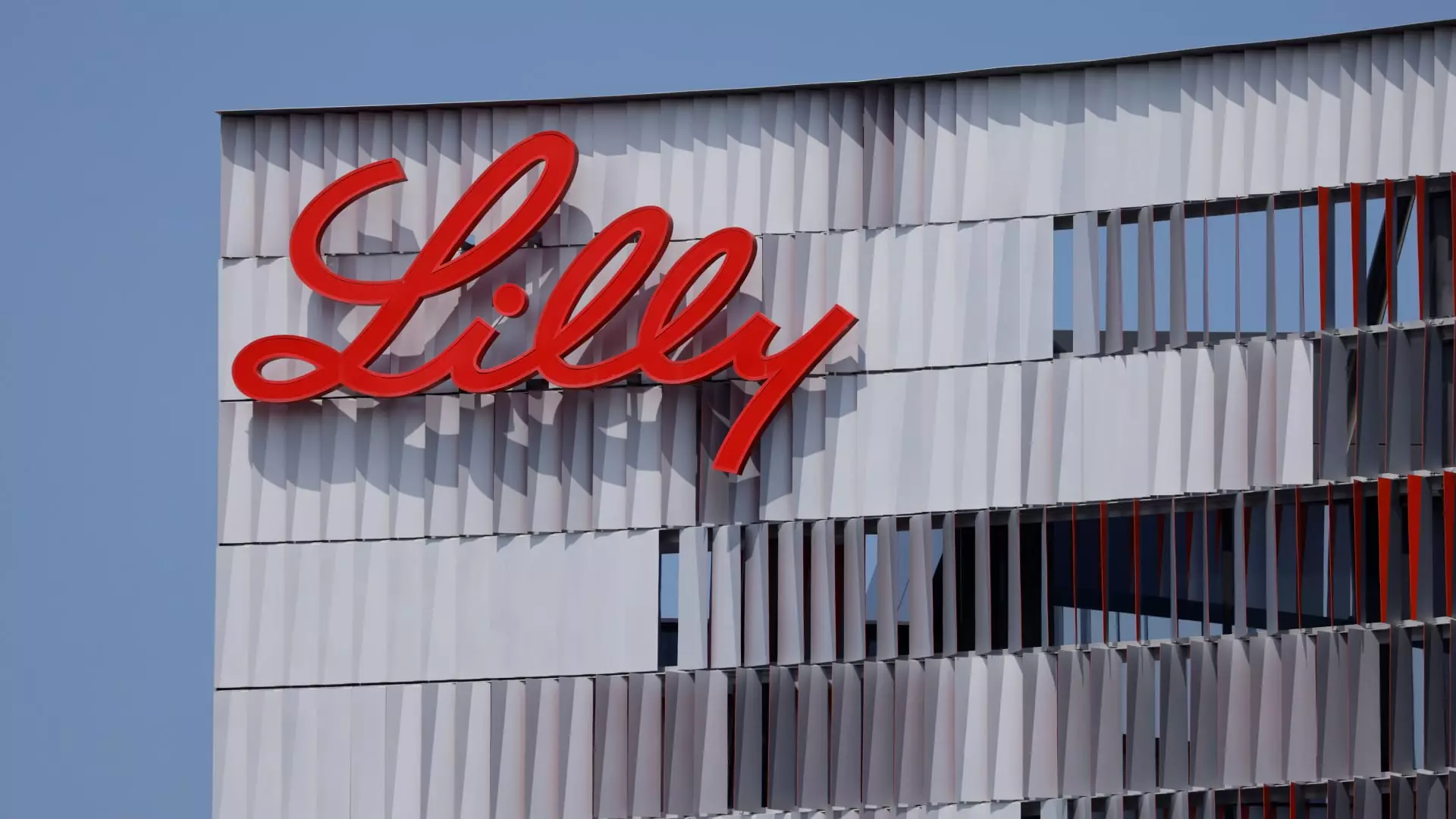In a surprising turn of events, Eli Lilly reported exceptional second-quarter earnings and revenue that exceeded all expectations. This impressive feat was largely attributed to the remarkable sales of their blockbuster diabetes drug, Mounjaro, and the weight loss injection, Zepbound. The company’s stock price surged by over 7% following the announcement of these remarkable results.
Eli Lilly raised its full-year revenue forecast by a staggering $3 billion, projecting a range between $45.4 billion and $46.6 billion. This significant increase in revenue guidance reflects the unparalleled success of Mounjaro and Zepbound in the market. Additionally, the company revised its full-year adjusted earnings outlook to a range of $16.10 to $16.60 per share, up from the previous guidance of $13.50 to $14 per share.
During the quarter, Eli Lilly achieved several supply-related milestones, signaling progress in overcoming supply constraints for its popular incretin drugs. The soaring demand for products like Zepbound and Mounjaro, which regulate blood sugar levels and suppress appetite, prompted the company to invest heavily in manufacturing expansions.
CEO David Ricks highlighted the unprecedented demand for Eli Lilly’s products and the company’s efforts to ramp up production to meet this surge in consumer interest. Eli Lilly has initiated the construction of six new manufacturing plants and has hired thousands of workers to increase production capacity. Ricks expressed optimism about the company’s ability to scale up production significantly by 2025.
Eli Lilly’s second-quarter results surpassed analysts’ expectations, with adjusted earnings per share coming in at $3.92, compared to the projected $2.60. The company reported revenue of $11.30 billion for the quarter, a remarkable 36% increase from the same period last year. This robust financial performance was mainly driven by the strong demand for Mounjaro and Zepbound, which have seen a surge in sales due to improved supply in the market.
Investors responded favorably to Eli Lilly’s earnings report, with the company’s stock price rising by more than 30% this year. The substantial increase in market value can be attributed to the growing demand for Eli Lilly’s weight loss and diabetes drugs, as well as the heightened investor interest in their potential applications for treating other health conditions.
While Eli Lilly has demonstrated impressive growth and resilience in the face of supply chain disruptions and increased demand, the company is likely to face challenges in maintaining this momentum. As competitors like Novo Nordisk encounter pricing pressures and supply chain constraints, Eli Lilly must continue to innovate and diversify its product portfolio to sustain its leadership position in the pharmaceutical industry.
Eli Lilly’s outstanding performance in the second quarter underscores the company’s ability to adapt to market dynamics and capitalize on emerging opportunities. By focusing on expanding production capacity, meeting consumer demand, and driving innovation, Eli Lilly has positioned itself for continued success in the competitive pharmaceutical landscape.

